Parrots are flock animals and in the wild, young birds learn what is good to eat by following the flock. In captivity, hand-raised birds identify with humans as their “flock”. This is why your birds will want to eat what you are eating, whether it is healthy or not. It is your responsibility, as a bird owner, to teach your birds how to eat healthily. The majority of health problems in pet birds originate from dietary excesses (fats) and deficiencies (vitamins and minerals).
Lorikeets have a brush tongue that is specifically adapted for eating nectar from flowering plants. In captivity, they also need to consume a nectar based diet. They should never be fed seed because
- Seed based diet causes permanent loss of the ‘brush tongue’ and the birds can never eat their normal, liquid diet
- Seed based diets cause obesity related ill-health problems and death.
Lorikeets should be fed a combination of fruit, blossoms and a well-balanced nutritionally sound, nectar mix. Many ‘pet store’ brands of Lori Wet or Dry are no more than sweetened flour – rice flour and glucose and are vitamin/mineral deficient.
Wombaroo Lorikeet & Honeyeater Mix
We use Wombaroo Lorikeet and Honeyeater mix. This can be made up daily (three level teaspoons of Wombaroo powder to 50mls of warm water) or can be mixed in batches and frozen in ice cube trays.
Ensure Mix
The Wombaroo diet can alternated with a nectar mix based on Ensure. Ensure is a complete human, invalid food and can provide the basis for a well-balanced nectar mix for your bird, containing essential vitamins and minerals. Ensure is available over the counter from the local Pharmacy.
Mix one part honey to nine parts of warm water and one scoop of Ensure.
Blossoms and flowering plants
Lorikeets should be offered a variety of seasonal flowering plants – grevillia, bottle brush, lilly pilly, banksia etc.
Fresh Fruit
A variety of fresh, seasonal fruit should also be made available – apple melon, grapes, citrus, pawpaw, banana, mango, lychee, stone fruit etc.
Vegetables
Some vegetables can be offered, however, the lorikeets will tend to ‘pigout’ on sweet corn, so don’t overdo it.
Toxic Foods
Avocado and chocolate.
Unhealthy Foods
Never feed fatty, salty, processed human foods. Never feed dairy products – butter, cheese, milk etc. Never feed tea, coffee, alcohol. Birds don’t have the metabolism to cope with these foods. Always be guided by what they would eat in the wild.
Bathing
Always provide adequate bathing opportunities for your lorikeet. They love to swim and bathe (and make a great mess when they do so). This keeps their ‘waxy’ feathers clean and protective.
© Peter Wilson July 2010
Information supplied by (c) Currumbin Valley Vet Services August 2010
FAQs
Lorikeets are birds that are native to the tropical regions of Australia and New Zealand. These birds are popular as pets, but they can be difficult to keep healthy because they have a high metabolism and need a variety of food. Like other birds, you want to avoid foods such as avocado and chocolate. For a full list of foods to avoid you should contact your local avian vet.
Yes. Lorikeets can be fed WeetBix, however it should be reserved for treats as opposed to being a regular part of their diet. It’s definitely safe, but needs to be kept in moderation. Lorikeets should be fed a balanced diet like any other bird. For more information you should contact your avian veterinarian.
Bread can be a major source of dietary problems for lorikeets, as well as other birds. Some common problems with bread include weight gain, diarrhoea, and malnutrition. Lorikeets need to be fed a diet that is similar to what they would eat in the wild. Fruits, nuts and seeds among other natural options are a necessity. If you are unsure of what to feed your lorikeet then contact your local bird veterinary clinic for advice.
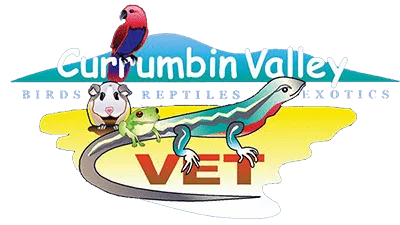
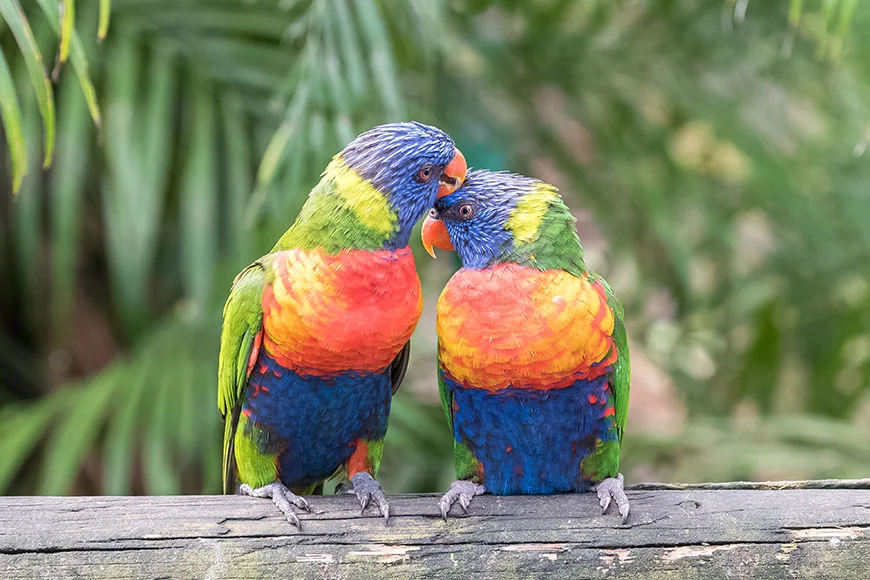

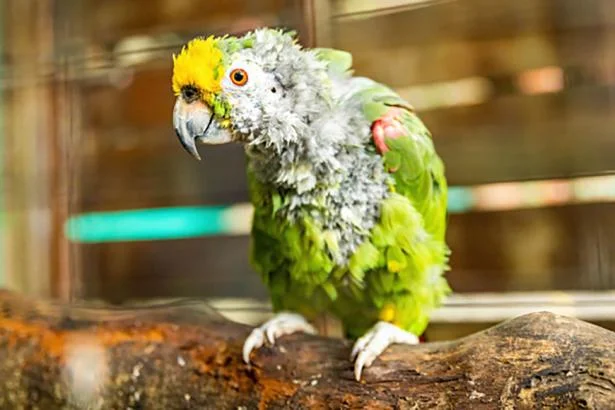
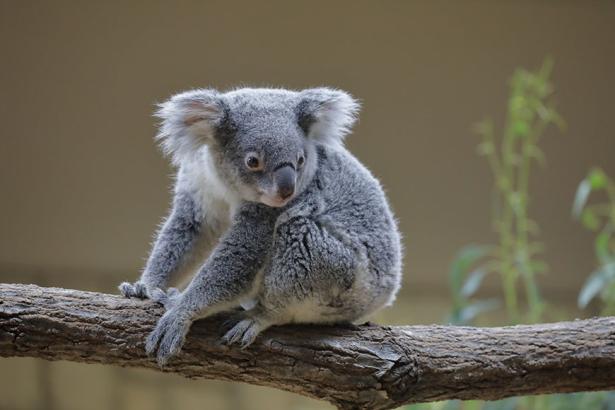
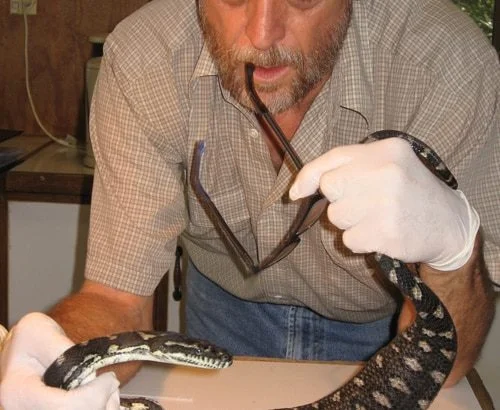
i need to know what dose rainbow lorkeet not parrot
I would like to feed some lorikeets,
Can you please advise if I can buy a certain mixture from you.
yes i would like to know the same please
You can but lorikeet mix from most pet shops, and from supermarkets. Don’t feed too much honey,
Thankyou for the information provided.
Is there a natural way to treat for lice and mites on lorrikeets?